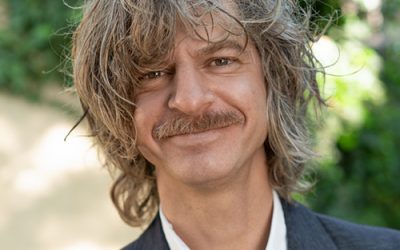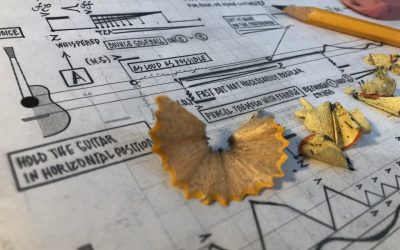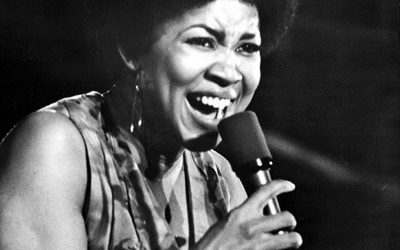Flutist Camilla Hoitenga will be in town and on campus from Thursday, October 22nd to Monday, the 26th. She will be working with the flute students, composition students, coach the NMNM flutist on a piece by Saariaho, and work with composition professor Karola Obermueller on her flute solo piece for a studio recording for the upcoming WERGO portrait CD.
Camilla Hoitenga is at home on stages all over the world, performing in venues as diverse as Carnegie Hall in New York, the Royal Festival Hall in London, the Kremlin in Moskow and the Forbidden City in Beijing, China, playing not only the C-flute but also the alto, bass, and piccolo flute and other varieties of her instrument.
In addition to her intensive collaborations with Saariaho, Köszeghy and Stockhausen, she has had pieces dedicated to her by wide range of composers, including Donnacha Dennehy, Christopher Fox, Miyuki Ito, Anne LeBaron, Arvydas Malcys, Michele Rusconi, Oliver Schneller, Helena Tulve, Jovanka Trbojevic, Andreas Wagner, and Bryan Wolf.
Music, Emotion and Fish with Dr. David Bashwiner Part 2
Music, Emotion and Fish with Dr. David Bashwiner Part 2 We are back, with Part 2 of ‘Music, Emotion, and Fish’. If you haven’t had the chance to listen to Part 1, you can click back to Episode 15, Dr. David Bashwiner was just getting to his work on the Midshipman...
Dr. José Luis Hurtado awarded prestigious Guggenheim Fellowship
Composer and pianist José Luis Hurtado, an associate professor in The University of New Mexico’s Department of Music in the College of Fine Arts, is one of the 2020 winners of the prestigious Guggenheim Fellowship.
You Can’t Tell It Like I Can: Black Women, Music, and the Struggle for Social Justice in America
This lecture/performance explores how black women have used music as a method of shaping the public rhetoric and sentiment surrounding the black civil rights struggle in America. Through a historical framework that moves through the height of the abolitionist movement, the Popular front during the 1930s and 1940s, the frontlines of the direct action campaigns of the 1960s, and the proliferation of the Black Power movement in the 1970s.



